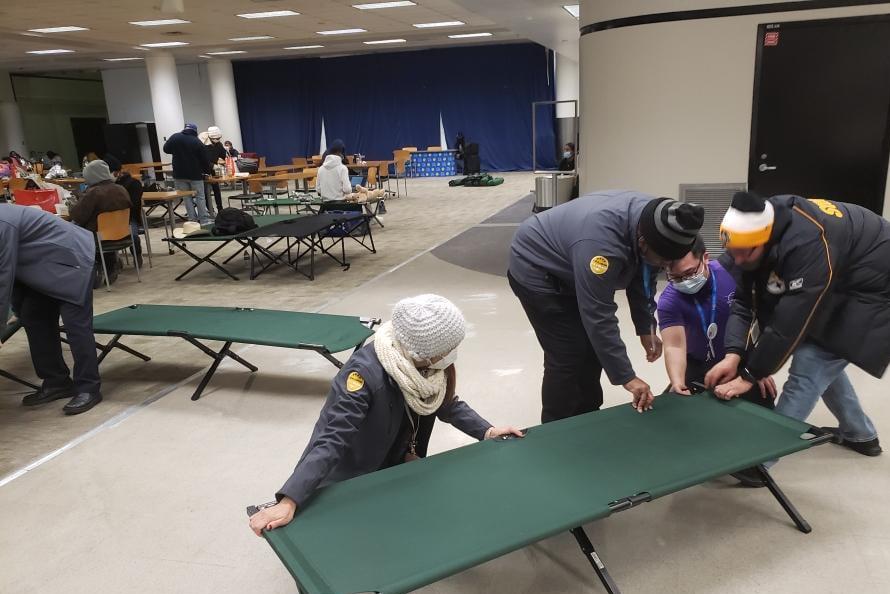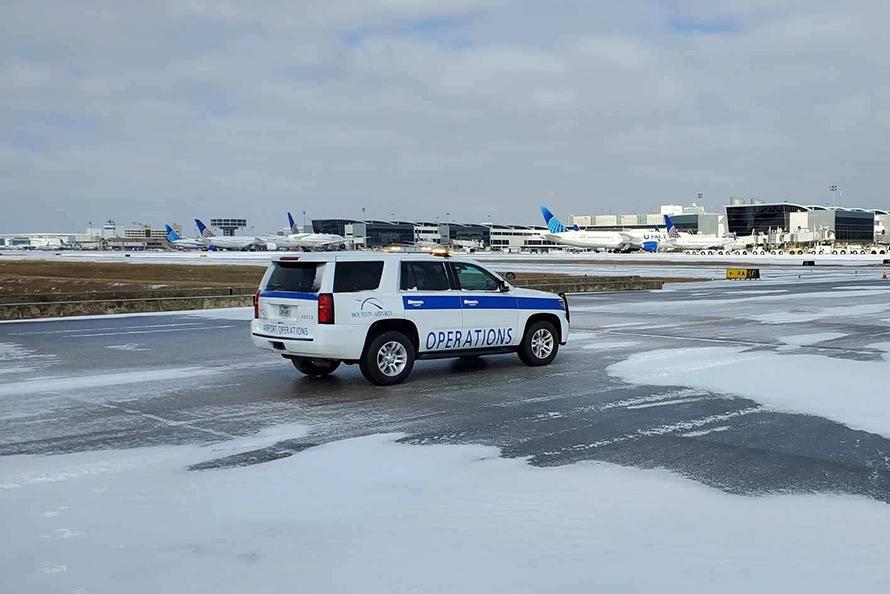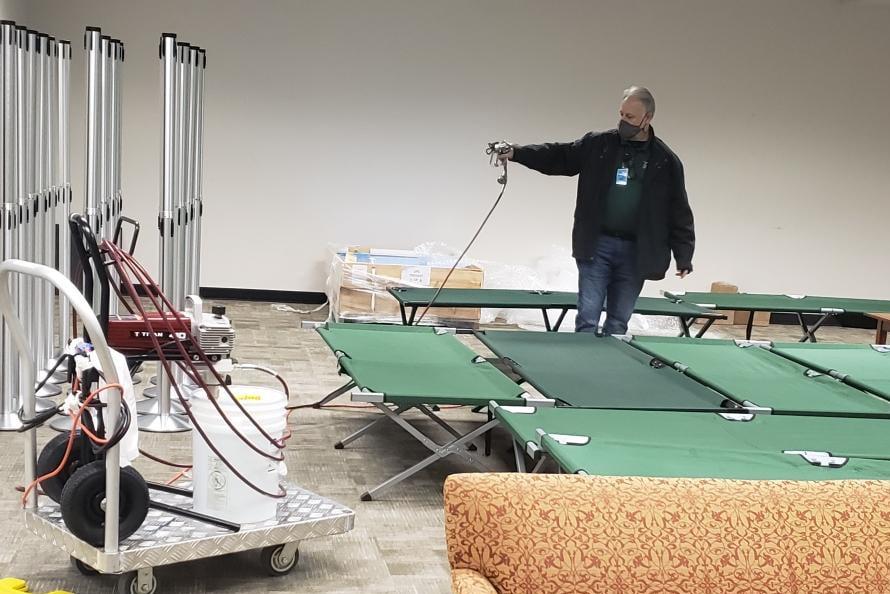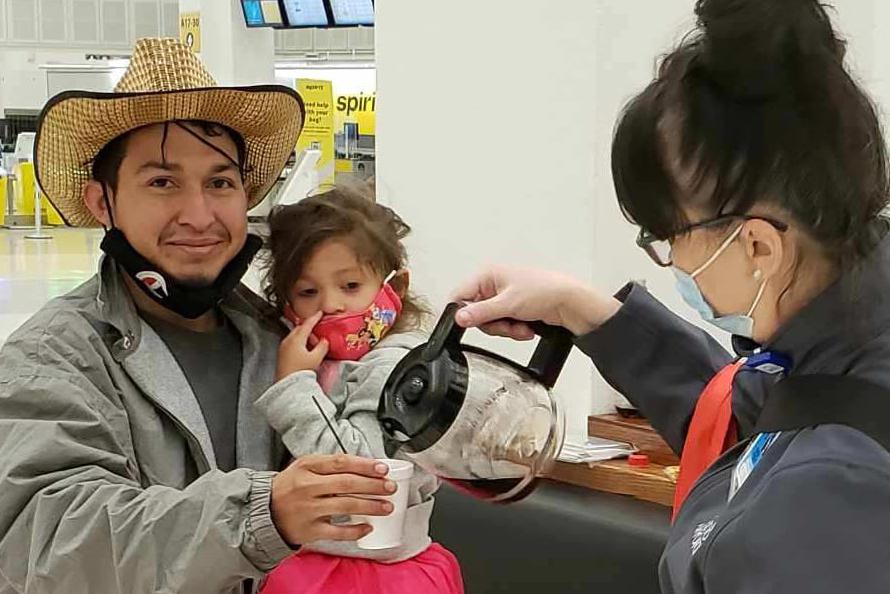North American winter storm Uri’s wrath crippled much of the country, but Houston Airports responded in typical five-star fashion!
From Feb. 13 to 17, thousands of flights were canceled at U.S. airports. George Bush Intercontinental, IAH, and William P. Hobby, HOU, airports were forced to cease operations temporarily. Through it all, Houston Airports staff soldiered on and responded with unselfishness and consideration for others.
Houston Airports Director Mario Diaz praised the staff for stepping up once again under difficult circumstances.
“On behalf of Senior Staff and the residents of Houston, I cannot say thank you enough for your incredible resolve to keep moving forward, no matter the challenge,” Diaz said. “Your efforts have not gone unnoticed. With your own families and homes experiencing damage and lack of basic utilities - no power, no water, no internet, unreliable cellphone service and busted pipes - you have also managed to put our passengers first.”
Essential employees at Bush and Hobby airports reported to work and responded to the storm and cold challenges by:
- pouring hot coffee for stranded passengers;
- delivering warm food;
- checking on passengers to ensure they were comfortable;
- providing temporary cots for passengers to try and get some rest, and
- providing valuable updates to the public via various social media outlets.
Airside and maintenance crews spent endless hours clearing out thick ice from the airfields and even restored water service at Hobby Airport. Approximately 365 Houston Airports staff members worked directly at the airports during the storm and many more assisted from home.
Uri wreaked havoc and resulted in more than 170 million Americans being placed under winter weather alerts. The storm caused power grids to fail across the U.S. and caused blackouts for over 5.2 million homes and businesses, mainly in Texas and ultimately became one of the largest blackout events in modern U.S. history. The damage from the blackouts has been estimated to be at least $195 billion, making the storm system potentially the costliest natural disaster in Texas history. The disaster is expected surpass the 2017 damage from Hurricane Harvey which cost the state $125 billion.
The storm temporarily crippled the airports, yet Houston Airports staff stood tall and continued to serve the public in a nearly uninterrupted fashion.




